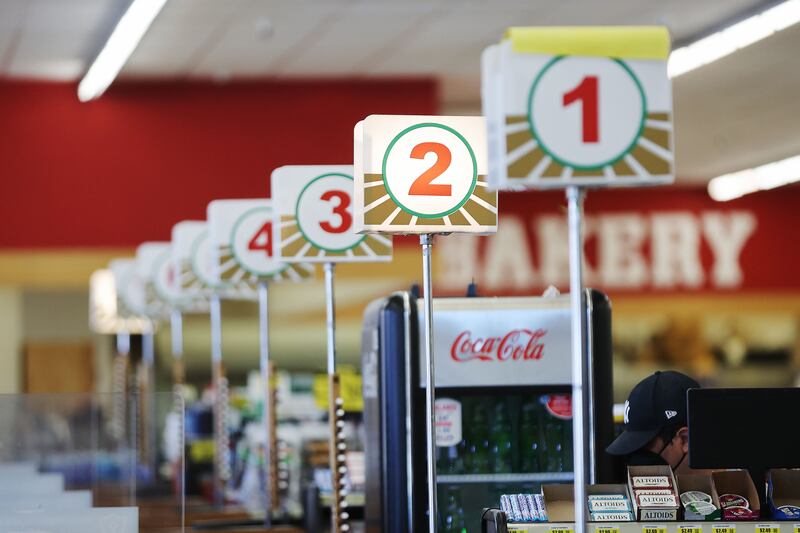Utah’s sales tax on food is regressive. A regressive tax takes a proportionally greater amount from those with lower income. Because lower income families have tight budgets, payment of food tax hits them the hardest.
I am a senior citizen. The tax imposed on the purchase of food takes a larger chunk of my family’s meager income as compared to those with a higher income. I need those few extra dollars per month to put gas in my car to get to work. For low-income families, food is the third highest expense, after housing and transportation. Utah currently enjoys a budget surplus. Why then does it insist on generating additional revenue by disproportionately taxing the poor? It makes one wonder about the state’s motives. In a culture that professes to be moral, how ethical is it to tax the poor more than the rich?
Picture this: A revenue rich Utah economy and people living in tents on the side of the road during winter. What is wrong with this picture? Utah should adjust its tax code to keep pace with the changing inflationary economy, and make tax codes fair, instead of using them to punish the unfortunate.
Luanne Hudson
Centerville

